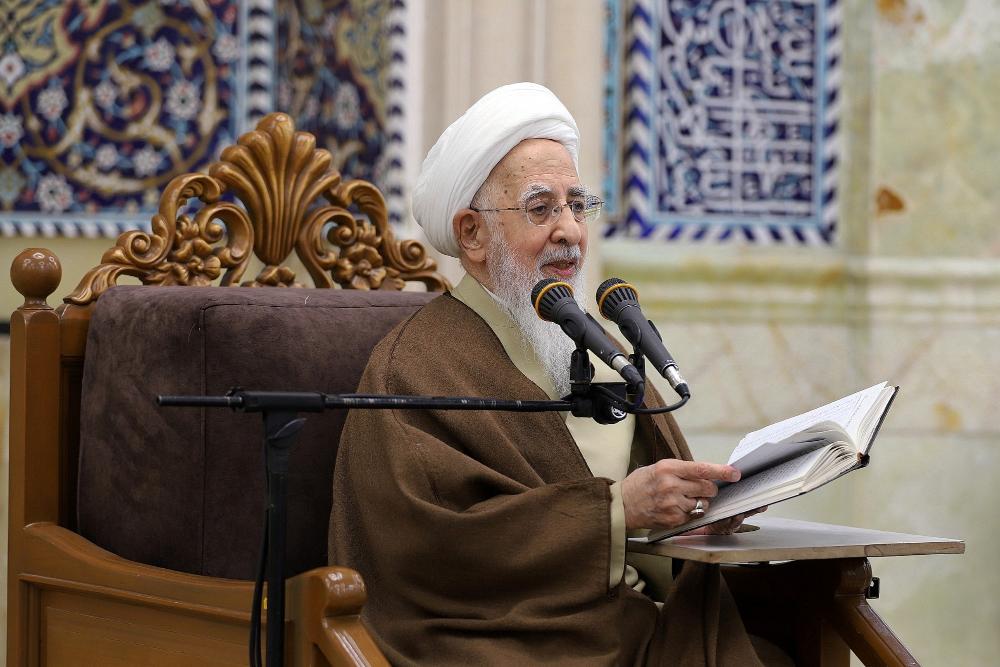Esra News Agency: The weekly ethical lesson of Grand Ayatollah Javadi Amoli took place in person at the Grand Mosque of Qom, attracting various segments of the community. During this session, Grand Ayatollah Javadi Amoli continued to explain the wisdom of the 150th of Nahj al-Balaghah.
His Excellency elucidated the difference between preaching and delivering speeches, emphasizing the role of preaching in moral and spiritual education. Preaching is not merely a speech; it involves attracting people to the Truth. The Divine Essence has attributed preaching to itself and has instructed the Holy Messenger to guide people with wisdom and preaching.
Human beings are made up of two components: the natural and the supernatural. There is an ongoing struggle between the natural desires of the body and the supernatural longings and the spirit, there is always struggle, referred to as the greater jihad. It is not enough to simply provide education and talks; purification must precede education. Education is merely a tool, while the purity of the soul is the ultimate objective. If education is devoid of purification, it leads only to Takathur (rivalry in worldly increase); however, purification guides a person to Kawthar (divine abundance).
A believer engaged in the greater jihad holds certainty, as God's promises and religious truths are grounded in certainty, while Nafs-Ammara, the commanding soul (ego, lowest level of the soul which acts as commander toward wrong deeds) operates solely on wahm (close to English term, whim, a human factor dealing with minor issues rather than major facts like the intellect is in charge of) and doubt. It is unbecoming for someone with certainty to fail, in contrast to someone who only harbors suspicion and illusion; it is akin to a sword being bested by a walking stick.
Theoretical intellect functions within seminaries and universities, tasked with examining what exists and what does not, or what should be and what should not be. However, human happiness relies on practical intellect—the intellect that guides individuals internally and steers them along the path of truth. It is the practical intellect that leads people to Divine Mercy... .
The Divine Essence has embedded within humanity a soul that reprimands them for undesirable actions. When someone errs or commits a sin, this soul disrupts their tranquility, urging them toward repentance and return [to his/her divine and pure nature]. This self-reproach signifies the presence of Divine governance within man, which needs to be nurtured.
Individuals often perceive the sins of others as grave, yet they either ignore or trivialize their own transgressions. This selfishness obstructs moral advancement and must be addressed through practical intellect and the reminders of Nafs-Lawwama (the blaming soul).
One significant danger lies in procrastinating repentance. At times, people delay their repentance, clinging to future hopes; this is a deceit of the commanding soul. Such hesitation may trap them in sin and lead them astray from the path of happiness.
Ebrat (insight, learn a lesson, and literally translated as crossing) means that an individuals must move, progressing beyond sin and vice to attain virtue. When it is said that Imam Hussein (peace be upon him) is the Qateel al-abarat (killed for a kind of tear passing beneath the eye and flows on one's face; weeping), it implies that one should not merely weep in mourning for him, although that holds merit, it is insufficient. In mourning for the Master of Martyrs (peace be upon him), one should weep sufficiently for the tears to flow; these weeping for the Master of Martyrs should carry meaning and deeply move the individual, this sort of crying should transform the individual [spiritually].
Grand Ayatollah Javadi Amoli
Lesson on Ethics

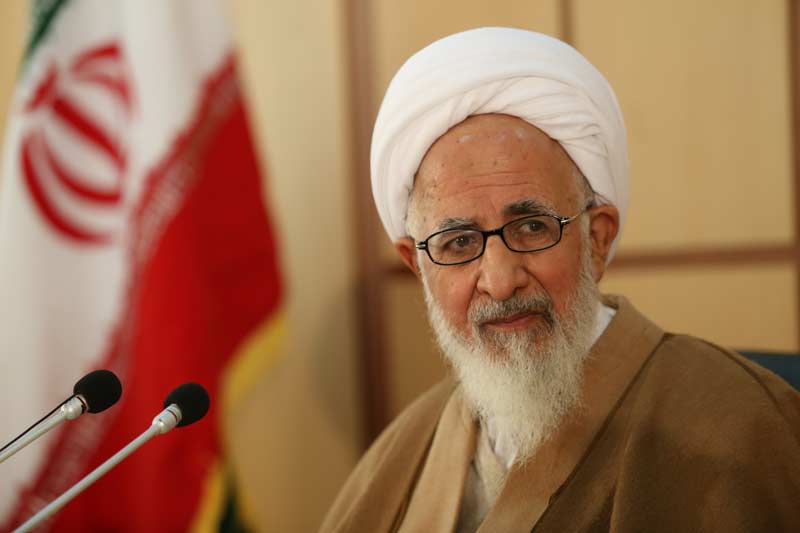


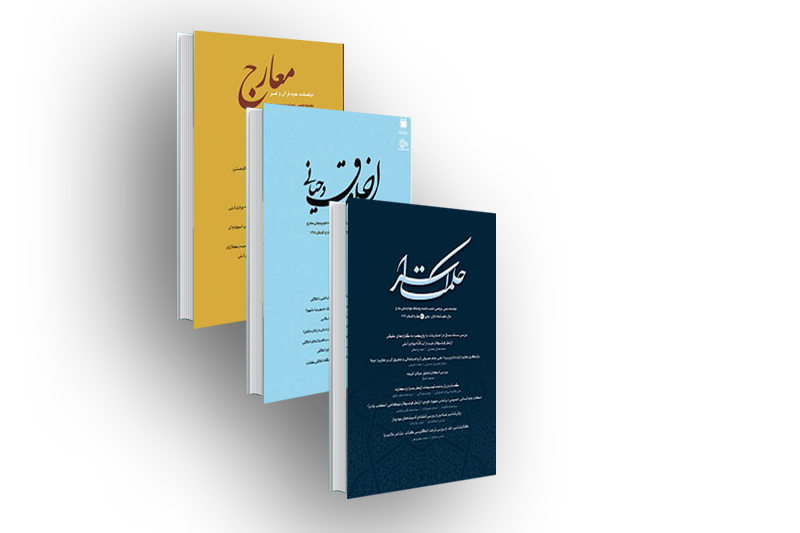


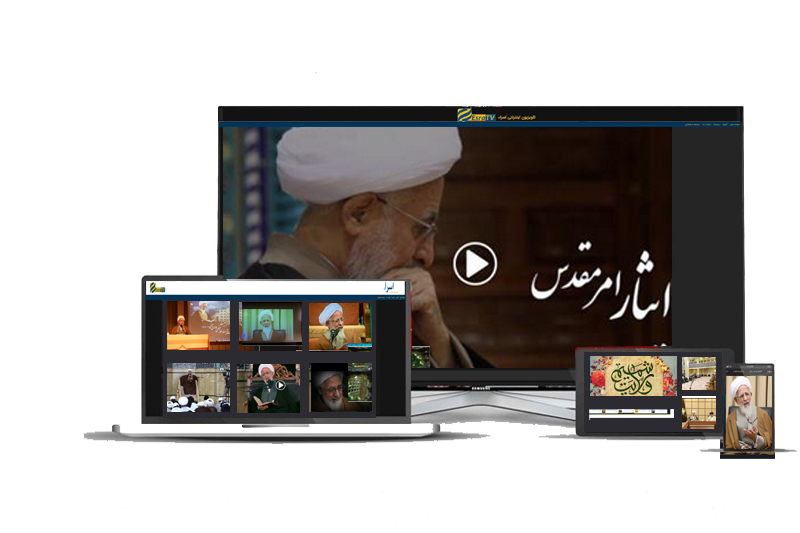
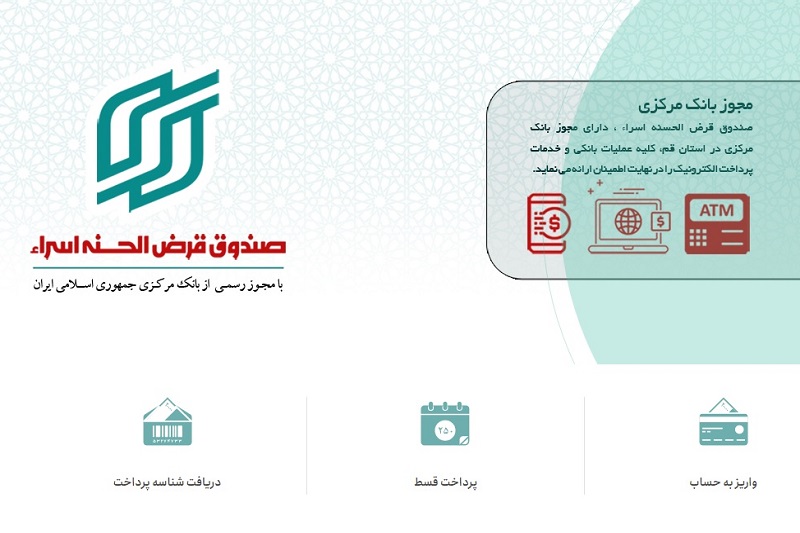

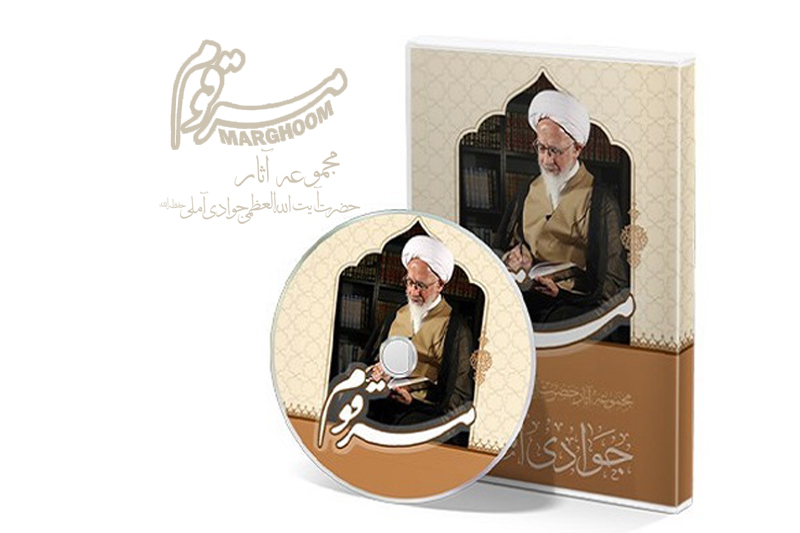
 Esra Publishing Center, the exclusive publisher of Ayatollah Javadi Amoli's works, started working in 1993; Among the missions and duties of the center are the production of written works with the desired and standard quality, fast and timely supply at the right price and supporting the products, providing easy, fast and low-cost access to the products for the domestic and foreign audiences, attending domestic and foreign international exhibitions, ….
Esra Publishing Center, the exclusive publisher of Ayatollah Javadi Amoli's works, started working in 1993; Among the missions and duties of the center are the production of written works with the desired and standard quality, fast and timely supply at the right price and supporting the products, providing easy, fast and low-cost access to the products for the domestic and foreign audiences, attending domestic and foreign international exhibitions, ….

